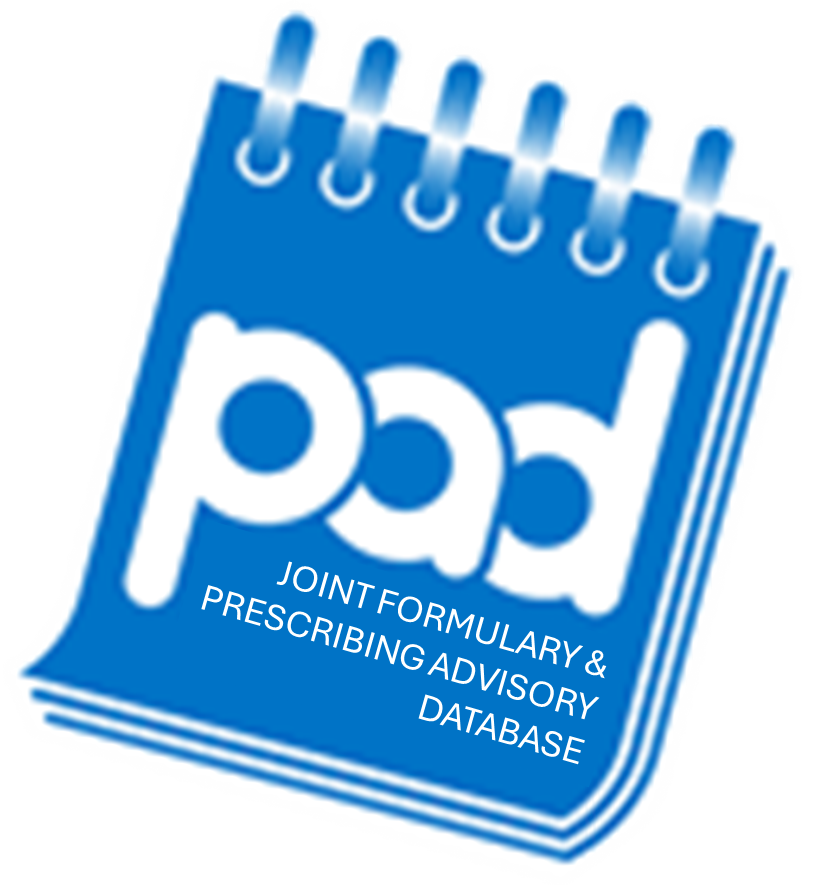
Azelastine hydrochloride - Allergic rhinitis
You are here : Home > Formulary Search > Azelastine hydrochloride - Allergic rhinitis
I agree that in using this database I understand that this platform only provides guidance on local prescribing policy and that all prescribing decisions are ultimately the responsibility of the clinician.
Status 1
Green
Formulations :
- Nasal spray
Formulary Status :
Associated Icons :
Restrictions / Comments :
Important
Recommended as an alternative where an intranasal antihistamine is indicated
Documentation
- No records returned.
PAD Profile
ChemicalSubstance :
Azelastine hydrochloride
Indication :
Allergic rhinitis
Group Name :
Keywords :
Hay fever, hayfever, antihistamines, nasal sprays, allergy, seasonal allergic rhinitis, intranasal antihistamines, pollen allergy, non-sedating antihistamines
Brand Names Include :
Rhinolast, Aller-eze, Azelair
Important Information :
Latest Additions Date From :
Latest Additions Date To :
Guidelines :
Supporting Documents :
0
Committee Recommendations (1)
Azelastine is the only intranasal antihistamine that is licensed in the UK for the treatment of allergic rhinitis.
It was agreed as a treatment option for intermittent mild symptoms where it has a fast onset of action.
See local guidelines below
Other Indications
Below are listed other indications that Azelastine hydrochloride is used to treat.
Other Drugs
Below are listed other drugs that are used to treat Allergic rhinitis.
- Acrivastine
- Beclometasone dipropionate
- Bilastine
- Budesonide
- Cetirizine hydrochloride
- Chlorphenamine maleate
- Desloratadine
- Fexofenadine hydrochloride
- Fluticasone furoate
- Fluticasone propionate (Nasal)
- Fluticasone with azelastine
- House dust mites allergen extract
- Ipratropium bromide
- Ketotifen fumarate
- Levocetirizine
- Loratadine
- Mizolastine
- Mometasone furoate
- Mometasone furoate with olopatadine
- Promethazine hydrochloride
- Rupatadine fumarate
- Triamcinolone acetonide
- White Birch pollen allergen extract
